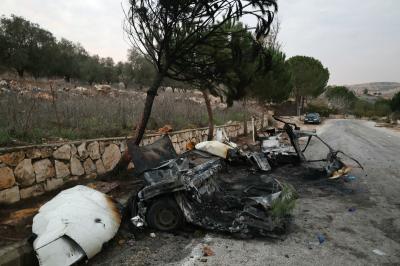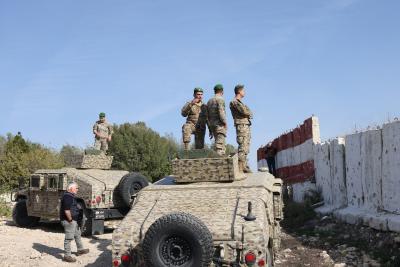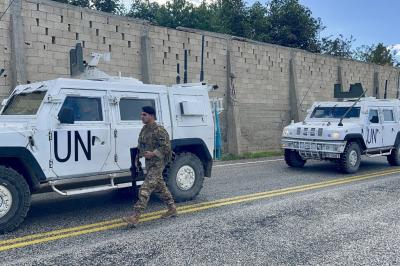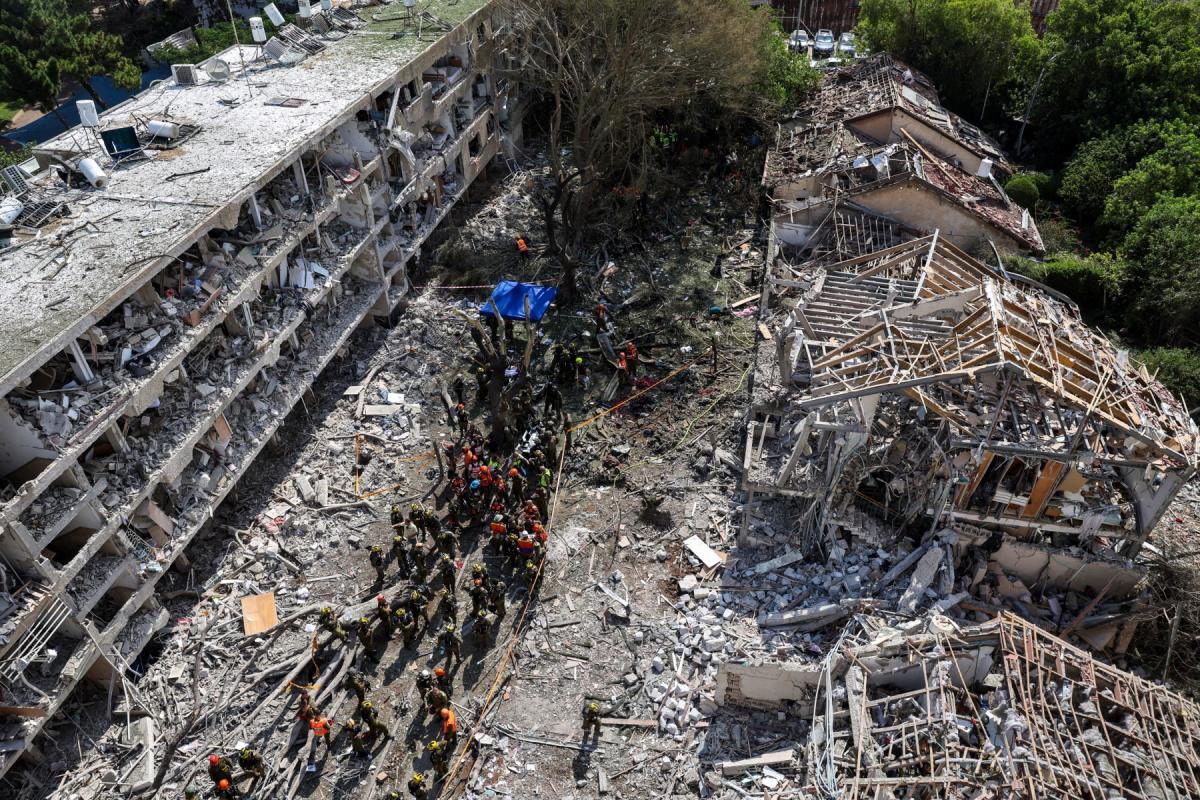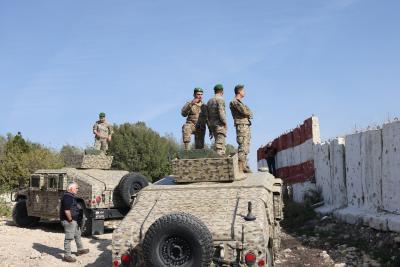As time passes, it has become Israel’s greatest enemy in what has turned into a true war of attrition with Iran—the first of its kind in the history of the Jewish state, though far from unfamiliar for Iran, which is banking on the factor of time.
While Israelis still largely agree on fighting the Iranians, more than ten days into a war Israel launched under the banner of halting Iran’s nuclear ambitions, the nation finds itself facing a new kind of conflict—different in scale and scope from anything it has known before. Every day, Israelis weigh the cost of the war—especially the toll on civilians—against the limited successes achieved so far. These achievements have fallen short of the grander, often unstated, objectives.
A domestic debate is beginning to break through the initial consensus. Voices in the media, and among current and former politicians and military leaders, are contemplating the near future should the war continue as it has.
The key concern now is Israelis’ sense of personal safety and the human cost, which government officials argue is lower than their initial estimates. Yet the personal security that has been a hallmark of the state since its founding in 1948 now feels shaken amid unprecedented scenes of destruction—damage that overshadows any military gains Israeli leaders have so far skillfully publicized.
Meanwhile, the mounting human, economic, social, and humanitarian toll is putting Israel’s hardest-line government in history to the test. Its accomplishments risk being eroded day by day, as these achievements remain tactical rather than strategic.
Confusion has also emerged around the war’s declared goals. At first, the aim was to destroy Iran’s nuclear program. This escalated into talk of toppling Tehran’s regime, with calls for the Iranian people to rise up. But now, as Iran regains the initiative, Israeli leaders have tempered their public ambitions.
Iran, a nation that endured an eight-year war of attrition with Iraq—marked by city bombings, sanctions, sieges, and internal strife—remains united in its hostility toward Israel. This enmity, rooted in the very reasons behind the Islamic Revolution’s overthrow of the Shah, has only deepened under Israeli policies and now, the ongoing war.
This helps explain why no sign of public, military, or diplomatic unrest within Iran could threaten the regime. Toppling a regime governing 90 million people cannot be achieved through airstrikes alone. Iraq under Saddam Hussein offers a case in point: despite over a decade of bombardment and sanctions, his regime only fell through a ground invasion.
Israel seems to believe that eliminating Iran’s Supreme Leader Ayatollah Ali Khamenei could hasten the regime’s collapse. While Israeli Prime Minister Benjamin Netanyahu has been more discreet than Defense Minister Israel Katz and others in stating this goal, the intention is clear. Yet even if achieved, such an act is unlikely to destabilize the regime or decisively alter the course of the war—and would risk dire consequences for both Israel and the region.
This divergence in goals highlights differences between Netanyahu and U.S. President Donald Trump. While Trump might welcome the fall of Iran’s regime, he is unwilling to pay the price for it, appearing satisfied so far with a war that pressures Iran toward negotiations on his tough terms.
In Israel, despite partial military successes, Netanyahu faces criticism over his lack of a post-strike plan for Iran. This has fueled domestic debate and forced the prime minister into a defensive posture, relying on recent U.S. involvement to step back from a war initiative that has so far failed to meet even its primary nuclear-related goal.
Privately, some Israeli assessments—rarely voiced in the media to preserve wartime unity—acknowledge that the destruction inflicted on Iran amounts to temporary pain. It won’t stop Iran’s nuclear program, dismantle its missile and deterrence capabilities, or prevent future strikes on Israel.
While this internal debate hasn’t translated into outright opposition to the war, it has raised pointed questions about its future and the toll it will take on ordinary Israelis, who will bear the cost of a paralyzed nation through rising inflation and fuel shortages, as the domestic press has noted.
There are warnings that a populist right-wing government may see no reason to end a war that, for now, serves its agenda. There is also concern that Netanyahu seeks further high-profile achievements, especially in the media, to reassure a public that is increasingly fearful and immersed in government messaging.
For now, Netanyahu appears intent on continuing efforts to cripple Iran’s missile, air defense, and infrastructure capabilities, alongside assassinations, as part of a broader target list.
Yet the hardest truth for Israelis remains the uncertainty over how long this war will last—a war that Iran itself may ultimately choose when and how to end, should it come down to a direct, bilateral confrontation.
Please post your comments on:
[email protected]
 Politics
Politics
